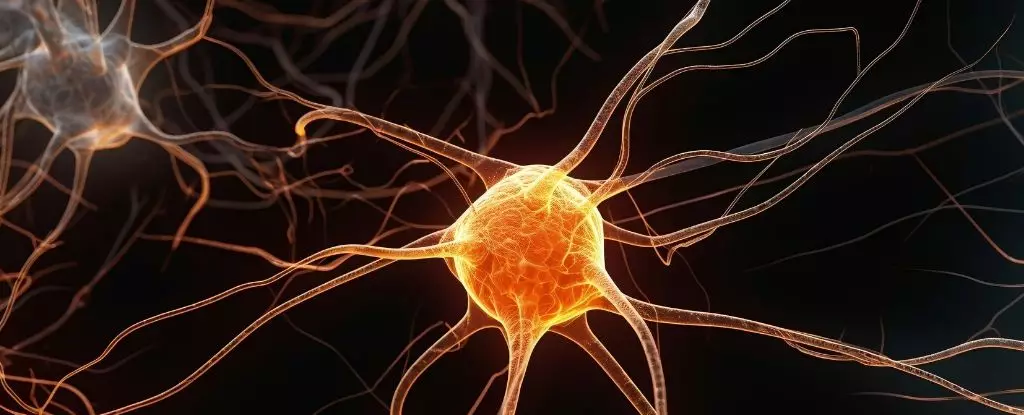

The brain is often likened to a bustling city with a complex network of streets and buildings, each serving a unique purpose. Just like in a city, different areas of the brain are responsible for specific functions. When a thought is formed, it’s like a message navigating through the city, passing from one region to another. As a professor specializing in psychology and neuroscience, delving into the intricacies of the brain for nearly two decades has provided invaluable insights. Despite the dedicated efforts of neurologists, neuroscientists, and neurosurgeons, there is still much to uncover about the brain’s workings.
At the core of brain function are neurons, tiny cells that send and receive signals to communicate with one another. With an estimated 80 to 100 billion neurons in the brain, these cells cluster together to form neural tracts, analogous to the streets and highways in a city. When a thought is initiated, neurons fire up, generating electrical impulses that travel along established pathways, releasing neurotransmitters to facilitate communication. This process is akin to building roads to ease message delivery, evolving from dirt paths to paved streets and eventually highways as connections grow stronger through learning and experiences. By practicing and repeating tasks, neurons wire together, forming neural networks that enhance skills, underlining the importance of practice and repetition in skill development.
While a small fraction of information the brain processes reaches consciousness, it continually receives input from the senses, such as sights, sounds, tastes, smells, and touch. Stimuli from the senses trigger thoughts and emotions, which are stored as memories, shaping perceptions and influencing outlooks. Memories are akin to files that can be accessed to evoke emotions, with pleasant associations reinforced through repetition over time. Creativity emerges as another remarkable feature of the brain, allowing individuals to showcase inventive thinking and problem-solving skills. Artists, writers, and scientists leverage their creative faculties to explore novel ideas and solutions, often experiencing “eureka” moments where breakthrough insights occur organically.
Scientific consensus highlights the critical role of sleep in enabling the brain to process information, rest, and forge new connections. Quality sleep often leads to fresh ideas and thoughts, whereas sleep deprivation may impede cognitive functions. Alongside adequate sleep, nourishing foods, physical exercise, and mentally stimulating activities are instrumental in optimizing brain function. Reading, solving puzzles, playing music, engaging in artistic pursuits, and positive thinking contribute to cognitive well-being. Conversely, harmful habits like smoking, excessive alcohol consumption, substance abuse, and neglecting head protection during physical activities can detrimentally impact brain health. As technology advances, our understanding of the brain’s biological processes deepens, underscoring the ongoing quest to unravel the enigmatic workings of this remarkable organ.
Natural gas leaks are a growing concern in both urban and rural settings, with potential…
Recent groundbreaking research at the University of Vienna has unveiled a novel interplay of forces…
In recent years, perovskites have garnered significant attention in the fields of materials science and…
For decades, astronomers have probed the depths of the Milky Way, grappling with two perplexing…
Foreign direct investment (FDI) in developing nations has long been heralded as a path to…
As spring beckons in April and May, stargazers have the unique opportunity to witness nature's…
This website uses cookies.